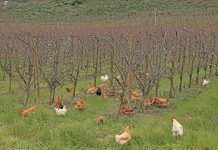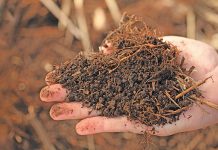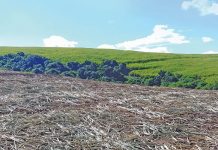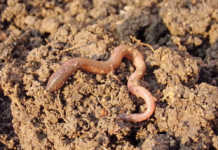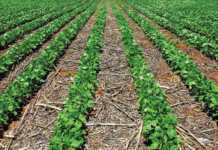Call up your soil microbe army and win the battle for profit!
The return on investment for conventional farms has declined by an average of 1,4% per year in real terms since 1986. But every farmer has a microbe army that can fight back against this trend. Susan Marais found out more at a recent regenerative conservation agriculture farmers’ day in Mpumalanga.
Using chickens, pigs and sheep to save your soil
JP de Villiers has not used any herbicides on his farm for the past three seasons. He spoke to Glenneis Kriel about his use of sheep, pigs and chickens to overcome soil health problems in his orchards and vineyards.
How to reverse soil degradation on your farm
Livestock producers, particularly in arid climates, are struggling to remain profitable. Soil degradation and declining stocking rates have been identified as some of the main reasons for this decline. Colin Nott, a regenerative agricultural consultant from Namibia, spoke to Annelie Coleman.
No-till: better soil at less cost
One sure way of reducing soil degradation is to cut down on tillage. Numerous crops can be grown using the no-till approach, and many farmers who have done so will testify that it cuts costs and improves rain penetration in the soil.
Soil health: farming with nature, guided by science
Changing to a healthier production system may pose new challenges, but is worthwhile in the long run. Glenneis Kriel spoke to a number of influencers and pioneers about making the switch.
Sugar cane farmer’s five steps to bring his soil back to life
The negative effects of more than 170 years of monocropping with sugar cane in South Africa are starting to appear. KwaZulu-Natal sugar cane farmer Deon Schröder explains what these are, why they should be changed, and how he is going about this on his farm.
Keep earthworms to improve soil quality
Earthworms play a crucial role in improving soil quality, and every farmer should try to maintain a healthy population of these remarkable creatures.
Switching to no-till? Restore degraded soil first!
It is often assumed that implementing no-till production is the immediate next step towards restoring degraded soils. Not so, says Guy Thibaud, a veteran soil scientist with the KwaZulu-Natal Department of Agriculture and Rural Development.


